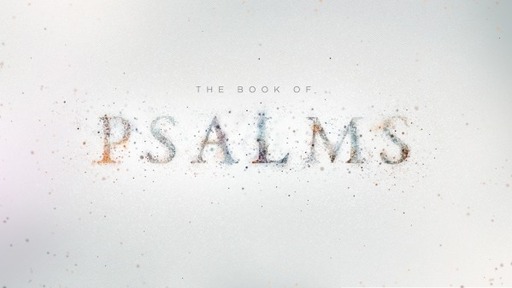Psalm 5

Upon Nehiloth—flutes or wind instruments.
True Prayer is Personal
“My words,” “My meditation,” “My cry,” “My King,” “My God.”
He is “My Father,” “My King,” “My God.”
True Prayer is Profound and Passionate
Begins with Words
Robert Hall, in his private devotions prayed aloud, lest his prayers should become vapid and wandering.
If there is no audible, verbal prayer, the “aspirations” will become ever more shadowy and vague.
Deepens into our sighs
It signifies a desperate sigh or groaning, indicating the psalmist’s great turmoil.
If language could express all we feel, ours could hardly be a true prayer; language breaks off into groanings.
Rises into cries
It rises into a cry, and a cry has a voice which pierces heaven.
True Prayer is Resolute
“For unto Thee will I pray.” “There is a holy boldness here. God, as the King of His people, could not deny them His protection, and they asked no other. For to Thee, and Thee only, will I pray. As if he had said, it is in this capacity that I invoke Thee, and I therefore must be heard.”
True Prayer is Obedient
David speaks of himself, figuratively, as a ministering priest, setting in order the altar wood and the morning sacrifice. Now the Levite acted according to the law of God in presenting the sacrifices, and they were accepted only as they were so offered. In prayer we must recognise the word and will of God. Prayer is not, as some suppose, a wild, arbitrary, lawless overriding of Divine law; but, on the contrary, it profoundly consults the mind of God; it regulates its petitions by the revealed will of God, and seeks to conform all life to the purpose and plan of God.
Prayer is Expectant
“Look out expectantly for the thing prayed for.”
“The image presented is that of one looking from a wall or tower in anxious expectation of approaching succour.”
When a man has lodged his prayers with God he may look up, he ought to look up, and God will not disappoint him.
Let us then each morning thus draw nigh unto God. We cannot tell what a day shall bring forth, but if we greet the morning sun with prayer, we shall see the setting sun with praise.
The Relation of God to the Wicked
God has no pleasure in wickedness
God does not tolerate wickedness
Redwald, King of East Anglia, built a church, at one end of which was an altar for the sacrifice of the mass, and at the other end an altar for sacrifice to the old British idols. How frequently the Church is in danger of making analogous compromises, allowing certain evils to exist within its borders for the sake of gold, or popularity, or peace.
“Rest assured, Christ will not live in the parlour of our hearts if we entertain the devil in the cellar of our thoughts.”—Spurgeon.
God does not tolerate wickedness. It is no part of His pleasure, no part of His policy, that evil should be found in the human heart or in the world.
